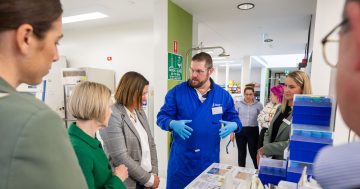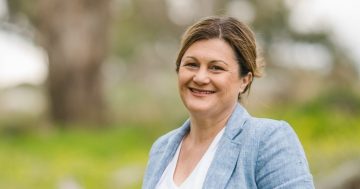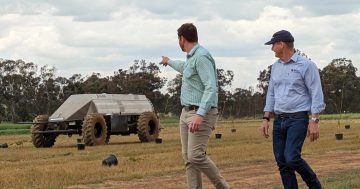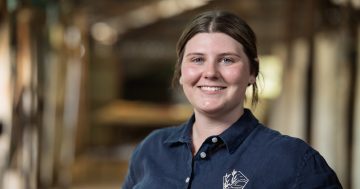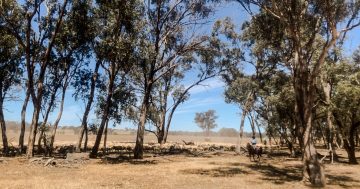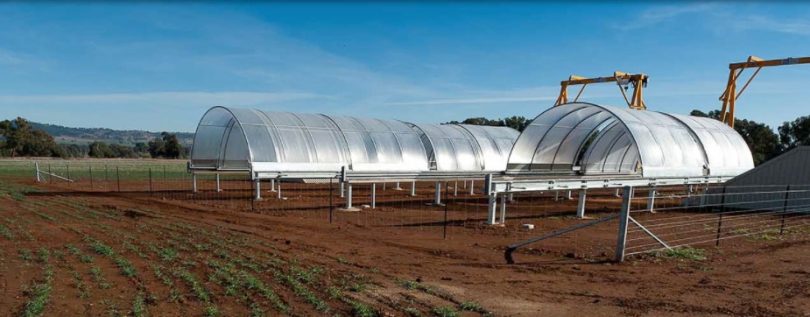
Charles Sturt University Vice-Chancellor Professor Renée Leon said research remains one of the university’s highest strategic priorities. Photo: CSU.
If you want to look at the future of agriculture in Australia, the farmers of southern NSW don’t need spectacles, but they might need sunnies to see what’s sitting on the horizon at Wagga Wagga.
With an approaching harvest likely to exceed the whopping 2016 season, the future is as bright as this year’s canola crop with a series of announcements continuing to place the southern city at the revolutionary forefront of agricultural innovation in Australia.
Last week the news came thick and fast.
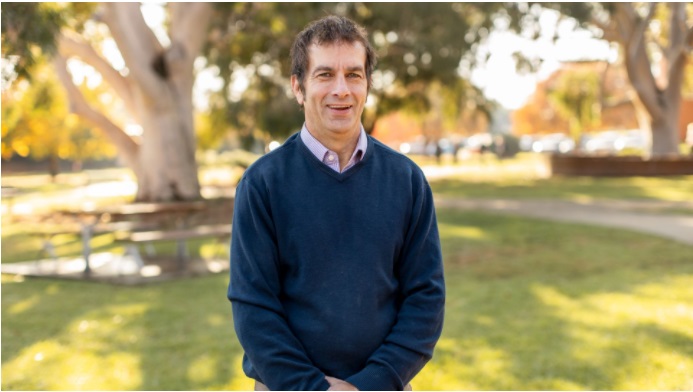
Charles Sturt University Acting Deputy Vice-Chancellor (Research), Professor Michael Friend. Photo: CSU.
First, the city’s Charles Sturt University (CSU) will establish an Agriculture, Water and Environment (AWE) Institute – a research institute which focuses on projects related to agriculture, water and environment later this year.
This means university researchers working in these areas will now come under one roof, where previously they worked independently or for disjointed research centres.
The AWE Institute will operate with a hub-and-spoke model centred at Wagga Wagga, with ongoing and future research projects to be based there and at Albury-Wodonga.
Opening in December, the AWE Institute will employ more than 20 new, research-only positions to drive outcomes that optimise farming systems and enhance the health of freshwater ecosystems.
They will be supported by a team of non-research staff who will assist in securing research grants and funding opportunities.
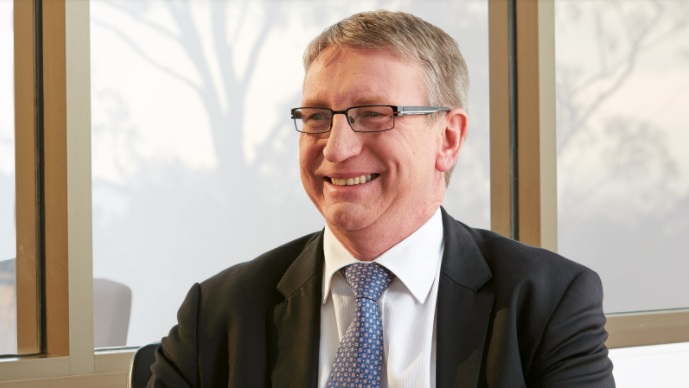
Fifth-generation farmer and Bega Cheese executive chairman Barry Irvin has been elected to the chair of CSU-led Southern NSW Drought Resilience Adoption and Innovation Hub. Photo: CSU.
Charles Sturt University Acting Deputy Vice-Chancellor (Research), Professor Michael Friend, said the AWE Institute would integrate important research projects in the university’s footprint across the Murray-Darling Basin.
“The AWE Institute will build on CSU’s existing research strengths in agriculture, water and the environment to generate outcomes which enhance farming systems and freshwater ecosystems in the decades to come,” he said.
The AWE Institute announcement comes in the wake of another earlier in September that researchers from CSU will lead the $3.6 million Next Generation Water Engineering and River Management Hub.
The Albury-Wodonga-based Water Hub will support eight new, regionally-based positions within the university, developing solutions to problems threatening inland Australia’s waterways, including poor water quality and diminishing fish stocks.
Also, last week came the announcement that the CSU-led Southern NSW Drought Resilience Adoption and Innovation Hub would receive $2.5 million in additional federal funding to expand the capacity and capabilities from a drought focus to broader agricultural innovation activities.
The Wagga Wagga-based hub was one of eight established across the country in April this year through the Government’s $5 billion Future Drought Fund.
The first meeting of the new board – comprising leaders in agriculture, sustainability, water management and law – held late September, elected Bega Cheese Ltd executive chairman Barry Irvin to the chair.
Mr Irvin is a fifth-generation dairy farmer whose experience on the land and through more than 20 years of agricultural business, has shown him first-hand the widespread and devastating effects of drought.
He said the key to the hub’s success will be ensuring quality research is used in a way that garners real-world solutions to benefit industry, communities, farmers and the environment.
Also on the board is Batlow-based farmer Barney Hyams.
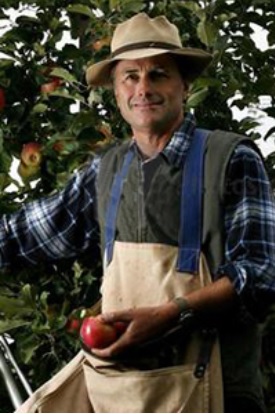
Batlow-based farmer Barney Hyams. Photo: Riverina LLS.
Mr Hyams has more than 30 years of involvement with both agriculture and horticulture, earning the dust on his boots as a jackaroo working in the Liverpool Plains through to a managing director of a horticultural enterprise in the Riverina Highlands.
Having also worked in the thoroughbred industry as an agronomist producing hybrid maize seed and as a domestic and international grain trader, he says he’s acutely aware of the challenges facing Australian agriculture as he says, he still lives it each day.
An inaugural ministerially-appointed member of the Riverina Local Land Services Board, which he currently chairs, Mr Hyams has served as a director of Summerfruit Australia, the Batlow Fruit Cooperative, held several senior positions with the NSW Farmers Association and sat on local government committees.
All this with plans for the CSU’s Global Digital Farm – Australia’s first ‘hands-free’ farm – built in collaboration with Food Agility Co-operative Research Centre and the planned $14 million expansion of the AgriSciences Research and Business Park (AgriPark) – is also well underway.
Member for Riverina Michael McCormack said innovation was key to the farming sector’s continuing prosperity with Riverina and Central West primary producers contributing significantly to the nation’s economy.
“The Southern NSW Hub will become the leader for agricultural innovation in this part of the state,” Mr McCormack said.
“It provides a physical platform for stakeholders from across our great region to come together and translate research and knowledge to make real impacts on the ground.
“This will support farmers and communities right across the Riverina and Central West.”
Original Article published by Edwina Mason on About Regional.







